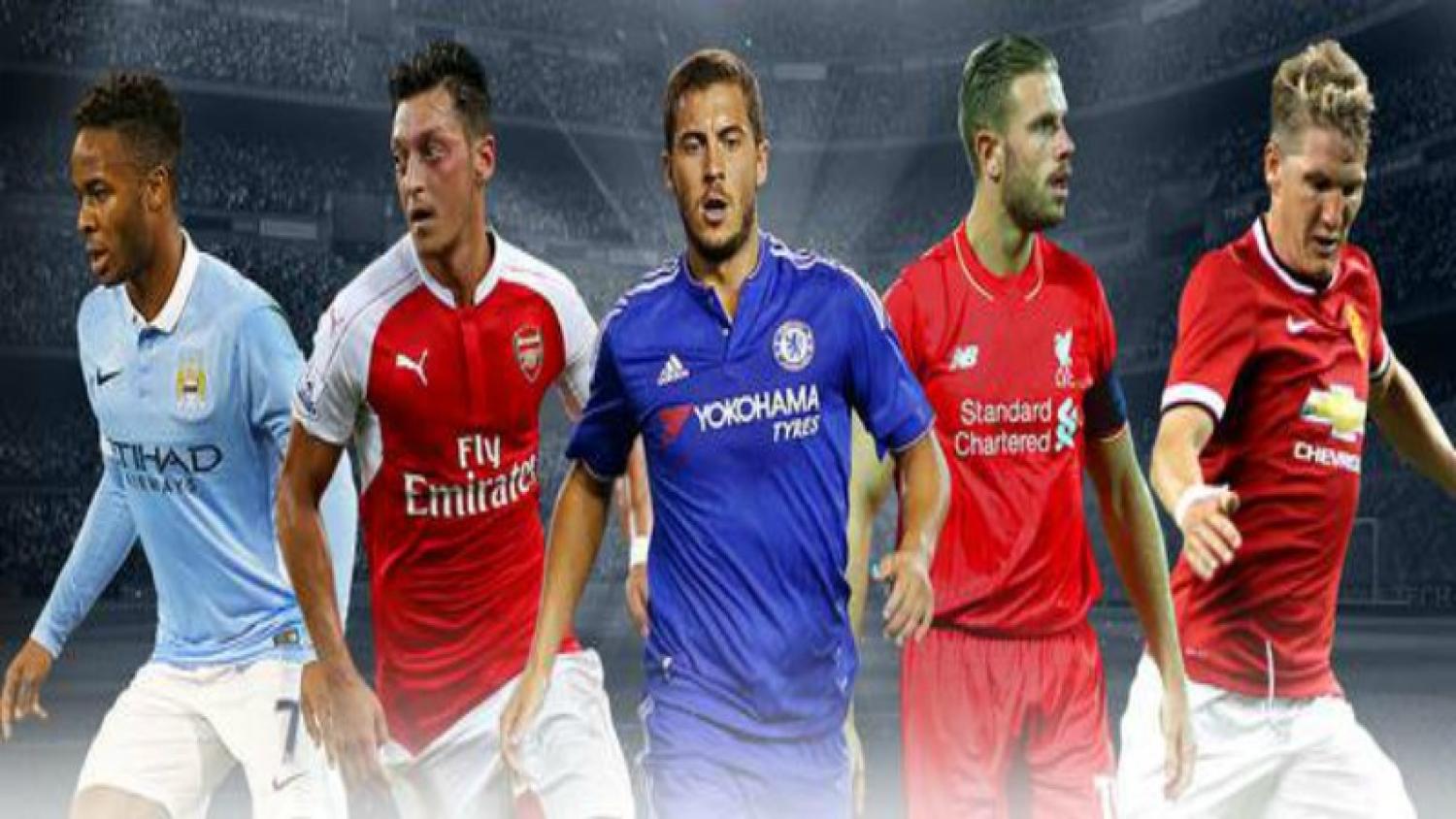While its self-entitled billing as “the greatest league in the world” is certainly open to debate, there’s no doubting the Premier League’s popularity and appeal throughout the world. Our Premier League guide will get you up to speed with regards to the league's history, format, clubs and players.
With a global fan following of 1.46 billion, or 70 percent of the world’s estimated 2.08 billion football fans, the Premier League is enjoyed around the planet.
Referred to as both the BPL and EPL, the top division for English professional football showcases world-class athletes and intense local rivalries.
Along with some of the planet’s most storied clubs, revered stadia and passionate fans, the Premier League delivers a pulsating brand of can't-miss football.
Premier League Guide: History
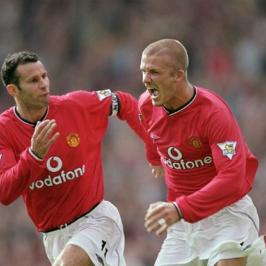
Photo: @AdrianGSports | Twitter
Between 1888 and 1992 the Football League First Division served as the top level division in the English football league system.
However, clubs in the First Division soon realized the extremely lucrative nature of England’s top flight, as well as what the league could possibly become over time.
In an attempt to maximize on the potential of the league, as well as to match the growing success of the top flight leagues in Italy and Spain, clubs in the First Division broke away from the Football League, forming the FA Premier League on February 20th, 1992.
Since then, the league has gone on to become the most-watched in the world. The Premier League is also very highly ranked based on the league's performances in European competitions.
Since 1992, Premier League teams have won the UEFA Champions League four times. Manchester United lifted the trophy in 1999 and 2008, Liverpool in 2005 and Chelsea in 2012.
Premier League Guide: Format
Although the Premier League is now autonomous from the Football League, free to negotiate their own commercial deals, there was no change in the format of the competition as a result of becoming so.
The 20 best teams from England, as well as Wales, vie for the title of Premier League Champion, crowned in early May.
Beginning in August, the teams play 38 fixtures consisting of home and away matches against every team in the top division.
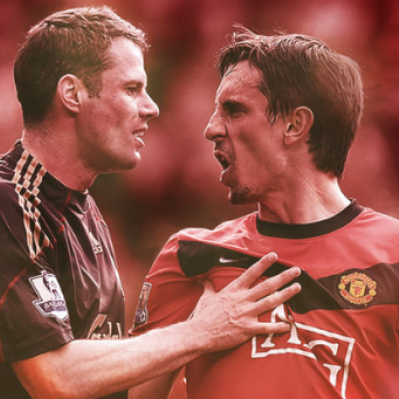
Photo: @joeaustinjoe | Twitter
The bottom three clubs (18th, 19th and 20th place) are then relegated to the Football League Championship, a single tier beneath the Premier League, for the following season.
Accordingly, the top two finishers in the Championship, along with the winner of the Camphionship promotion play-off, are then promoted to the Premier League.
The top three finishing teams also directly qualify for the UEFA Champions League, Europe's biggest club competition. The fourth-placed team must enter a play-off round to enter contention.
Additionally, the fifth-placed team qualifies for the UEFA Europa League, while the sixth and seventh-placed teams may qualify for that event as well.
Whilst Liverpool dominated the old First Division, securing 18 winner’s medals, Manchester United have now risen to the top pedestal with 20 league titles, including 13 in the Premier League era.
For Liverpool it’s now been 25 seasons since they were able to capture the English title.
The other clubs to have secured a Premier League title include Chelsea (4), Arsenal (3), Manchester City (2) and Blackburn Rovers (1). While Blackburn briefly disrupted the hegemony of the big clubs, they currently play in the Football League Championship after being relegated at the end of the 2011-12 season.
After the dominance of the “Big Four” (Arsenal, Chelsea, Liverpool and Manchester United) throughout the 2000s, recent times have seen clubs like Manchester City and Tottenham challenge the established hierarchy.
Premier League Guide: 2015/16 Season and Key Events
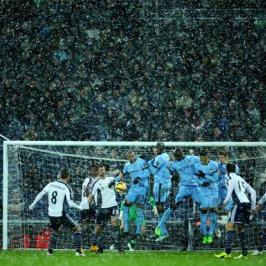
Photo: @premierleague | Twitter
The 2015-16 Premier League is the 24th season of the league in its current format. The season began on August 8th, 2015, and will commence on the 15th of May, 2016.
Chelsea are the defending champions while Bournemouth, Watford and Norwich City enter as the three newly promoted sides.
One key difference between the Premier League and its continental counterparts is its reluctance, for better or for worse, to institute a winter break. A period over which matches come thick and fast for all Premier League clubs, these fixtures have become part and parcel of the holiday period in England.
With other leagues taking a break, the eyes of the world become glued to this make or break period for Premier League title challengers.
Mark your calendars for some of the following key fixtures this season:
November 8th, 2015: Arsenal versus Spurs
December 21st, 2015: Arsenal versus Manchester City
January 16th, 2016: Liverpool versus Manchester United
Febuary 27th, 2016: Manchester United versus Arsenal
March 1st, 2016: Liverpool versus Manchester City
March 19th, 2016: Newcastle versus Sunderland
April 16th, 2016: Chelsea versus Manchester City
May 15th, 2016: Final day of Premier League fixtures
Premier League Guide: Clubs (Including Seasons and Titles in the First Division)
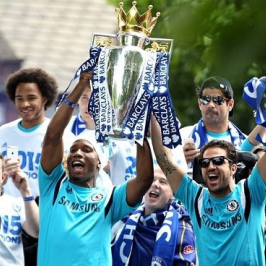
Photo: @andrespramana
Arsenal (99 seasons, 13 titles)
Aston Villa (105 seasons, 7 titles)
Bournemouth (1 season)
Chelsea (81 seasons, 5 titles)
Crystal Palace (16 seasons)
Everton (113 seasons, 9 titles)
Leicester City (47 seasons)
Liverpool (101 seasons, 18 titles)
Manchester City (87 seasons, 4 titles)
Manchester United (91 seasons, 20 titles)
Newcastle United (85 seasons, 4 titles)
Norwich City (25 seasons)
Southampton (39 seasons)
Stoke City (60 seasons)
Sunderland (85 seasons, 6 titles)
Swansea City (7 seasons)
Tottenham Hotspur (81 seasons, 2 titles)
Watford (13 seasons)
West Bromwich Albion (79 seasons, 1 title)
West Ham United (58 seasons)
Premier League Guide: Players and Managers
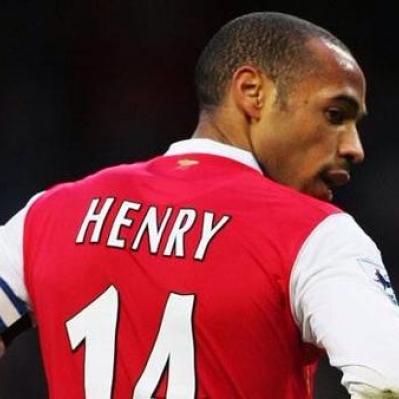
Photo: @spe_football | Twitter
The all-time top scorer in Premier League history is Alan Shearer, with 260 goals. Other notable players on the top scorers list include Andy Cole, Wayne Rooney, Frank Lampard and Thierry Henry.
Ryan Giggs has made more Premier League appearances than any other player, totaling 632 over the course of 22 Premier League seasons. Giggs also serves as the most decorated player in football history with 34 trophies.
While the old First Division was treated to the talents of Stanley Matthews, Denis Law, Bobby Charlton, George Best, Bobby Moore, Kevin Keegan and Kenny Dalglish, the Premier League has been able to attract talent from both home and abroad.
These illustrious names include Eric Cantona, David Beckham, Dennis Bergkamp, Jurgen Klinsmann, Paul Scholes, Michael Owen, Steven Gerrard, Cristiano Ronaldo and Fernando Torres.
Current premier league superstars include Sergio Aguero and David Silva (Manchester City), Cesc Fabregas and Thibaut Courtois (Chelsea), Alexis Sanchez and Mesut Ozil (Arsenal), Bastian Schweinsteiger and Juan Mata (Manchester United), and Harry Kane (Tottenham Hotspur).
The influx of revenue into the Premier League has also seen some of the leagues “mid-table sides” spend huge amounts of money on extremely talented players.
The Premier League also maintains a stable of some of the biggest managerial names in the world, including Arséne Wenger (Arsenal), José Mourinho (Chelsea), Jurgen Klopp (Liverpool), Manuel Pellegrini (Manchester City) and Louis van Gaal (Manchester United).
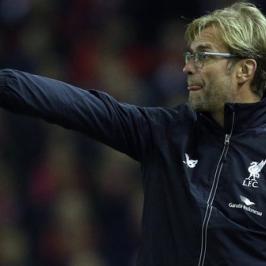
Photo: @SkyFootball
The notion that on any given match day, a team from the bottom of the table can defeat a team from the top gives the Premier League a romanticism and passion that doesn't exsist in other leagues around Europe.
Premier League Guide: How to Watch
The Premier League is broadcast in the UK through Sky and BT Sport. Additionally, highlights are shown on the BBC’s renowned Match of the Day.
The Premier League is broadcast in the United States through NBC Sports. NBC’s deal with the Premier League is currently through the 2021-22 season.


